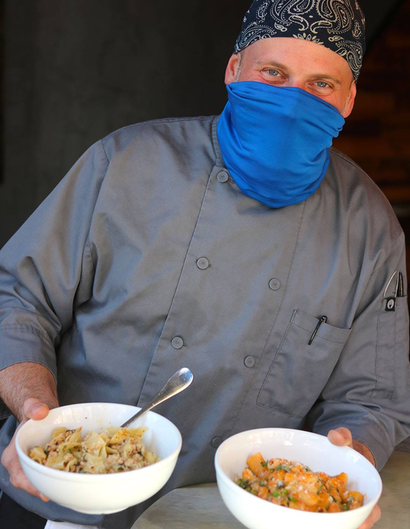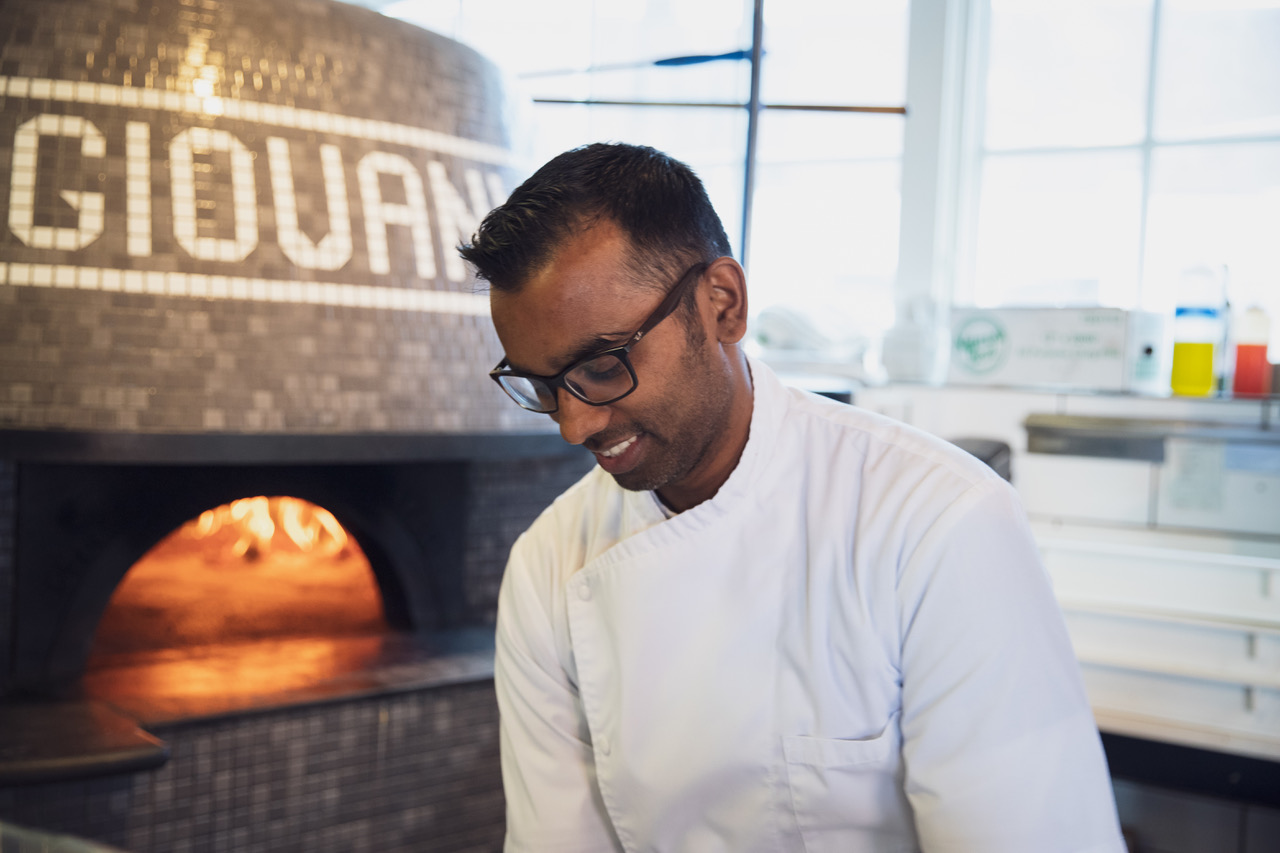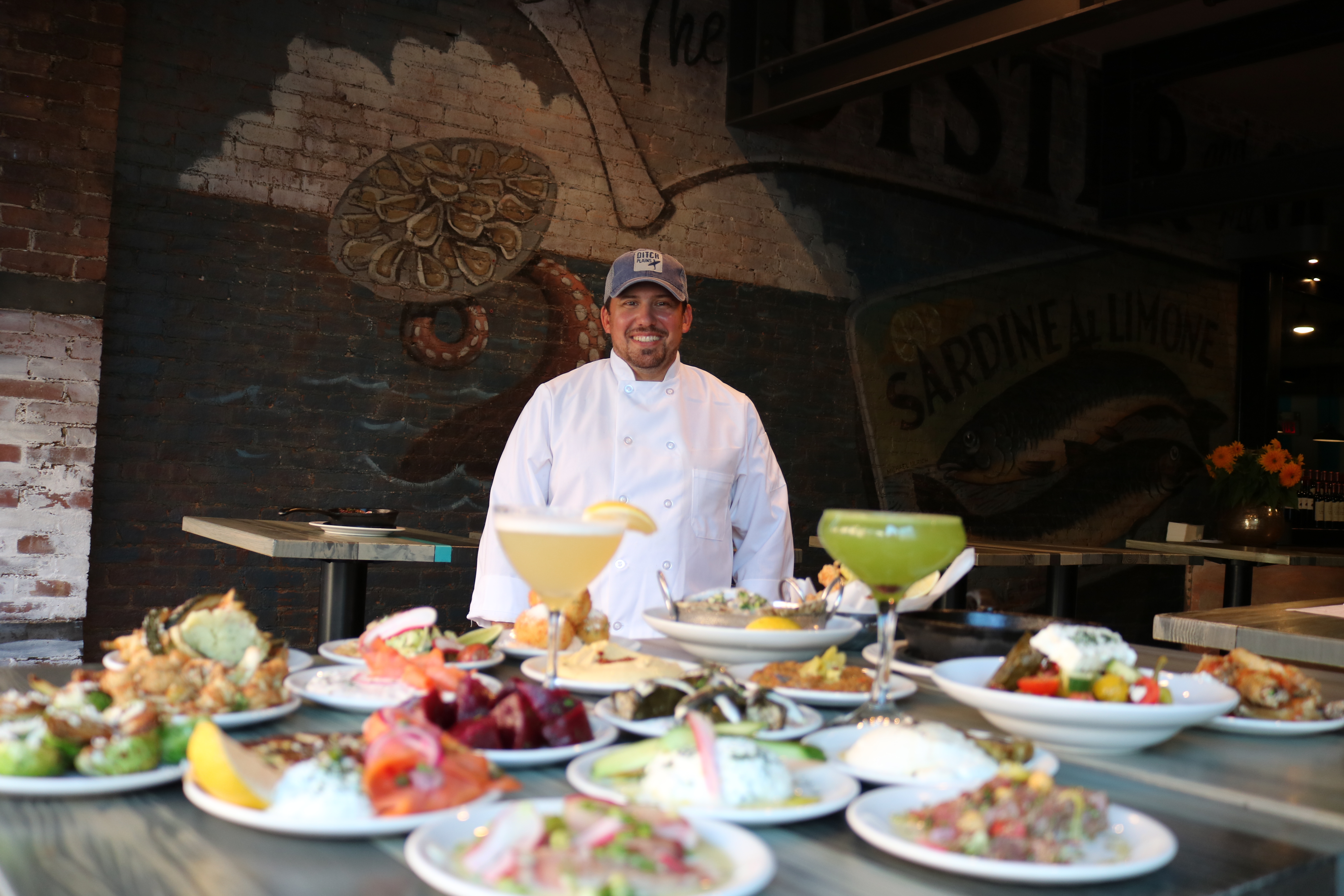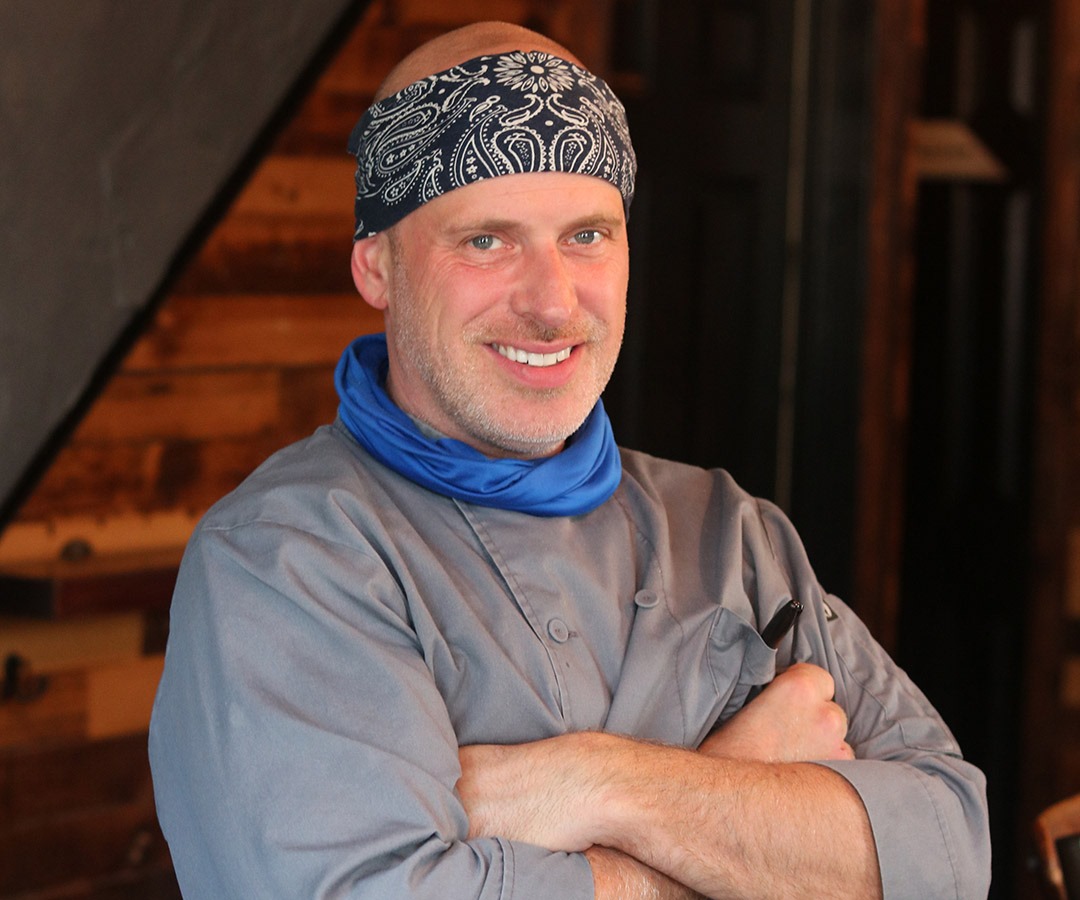Glancing Back, Looking Forward
News Based on facts, either observed and verified directly by the reporter, or reported and verified from knowledgeable sources.
Three local chefs candidly discuss post-pandemic restaurant life in Westchester.

Good morning! Today is Wednesday, January 5, and you are reading today’s section of Examiner+, a digital newsmagazine serving Westchester, Putnam, and the surrounding Hudson Valley.
Need to subscribe — or upgrade your Examiner+ subscription?
Join the community as a full-fledged member with our special FREE TRIAL OFFER for the New Year: Enjoy 30 days of total access to Examiner+ for no charge. Offer expires at month’s end.

As restaurateurs put 2021 in the rearview mirror and look headfirst into 2022, we asked three of them to look both backward and forward. While there’s some semblance of life pre-March 2020, all three chefs say they’ve seen changes that will most likely be permanent, and that they and customers are adjusting to the new normal. They note that the ability to pivot to takeout was crucial to staying afloat in the early days of the pandemic and that social media was vital in allowing them to stay connected with their customer bases.
Here, they share their candid thoughts and observations, in their own words…
Mogan Anthony, executive chef, Village Social Group (five restaurants in Westchester and one in Connecticut: Village Social in Rye and Mount Kisco, Fatt Root and Pub Street in Pleasantville, and Locali in Mount Kisco and New Canaan, CT)

We’re still operating at 75% capacity. We’re fortunate that the residents of the various towns we’re part of have been so supportive. Unfortunately, we saw some cancellations of holiday parties due to the new Omicron variant. However, we are happy that there has been an increase in in-person dining.
What we’re dealing with now is twofold — increased food costs across the board, and how to deal with a labor shortage/competition for labor. We aim to keep our menu items under $30 and to do that have come up with ways to revamp our menus — to go heartier on some vegetables and cut back on some proteins. As a restaurant group, we are fortunate that we do have some buying power.
As far as labor costs — the salary for cooks has gone up and they have the leverage as far as competition for jobs. Additionally, I know a number of people who opted to leave the industry. We have to ask ourselves two questions: How much will I have to charge for this dish, and do I have the staff to cook it? We want to continue to be family-friendly and have our customers enjoy our restaurants multiple times a week.
Constantine Kalandranis, chef/owner, The Greekish, Harrison and Nyack

The pandemic actually afforded us the opportunity to reinvent ourselves. We were operating as 273 Kitchen in Harrison and 8 Broadway in Nyack, and they were starting to feel like they were more special occasion restaurants. We wanted our communities to feel as if we were taking care of them, as they took care of us by keeping us open by doing takeout when our doors were closed. We changed the concept to The Greekish, serving small plates with a variety of foods so people can eat here without breaking the bank. We’re teaching our customers to eat meze-style — a concept they may be familiar with through tapas. Takeout is still very important and we’ve gotten inventive with that by offering family meals for four serving everything from dips to desserts. We made sure to offer online delivery through our website — a must if you don’t want to deal with third-party delivery fees. We got creative with our revenue stream by partnering with a delicatessen in Connecticut to carry our dips and with a gym to offer meal prep for its members.
It’s all about keeping the lights on — at any moment the situation can change and we don’t know if it’s going to be short-term or long-term. In December, we started seeing a slower month in midweek reservations. To keep the excitement up for weekend dining we’re going to be launching a new menu. It will feature new dishes and ingredients and will play with Greek food. Instead of offering chicken souvlaki, we’ll be featuring a farm-raised, organic baby poussin (Cornish game hen) or line-caught snapper or halibut served as Hamachi. The current menu will be served at lunch and for to-go. We hope this will both draw the weekend customers and allow us to deal with inflation by slightly raising prices by offering an elevated experience. We’re looking to offer an intimate tasting menu after the New Year which will bring a personalized experience to dining here.
The biggest change we made was in how we paid our employees. We eliminated tipping and increased base salaries by 60%. We also offer bonuses and three-month reviews in order to make sure we give promotions to those who deserve it. I don’t think many restaurants or other small businesses do enough to empower their employees. Our staff was unsure when we started this program but they’ve really embraced it now.
Scott Fratangelo, executive chef, L’Inizio, Ardsley

Chefs can often have blinders on so the pandemic taught me that I needed to take those off and focus on necessary changes. We started offering more comfort food and casual, family-style dinners. We needed to make sure the food would travel well and figure out a price point that worked for both our customers and us. People still celebrated holidays and we did a brisk to-go business for that. We created pasta kits and offered pasta by the pound, which was very well-received.
We are fortunate in that we were able to create something out of adversity, which made our business model better and more sustainable. Our outdoor dining space proved to be wildly successful. But we’re balancing that with the challenge of staffing. There are a lot of factors as to why people left the industry and why they’re not coming back. To deal with staffing issues we’ve taken steps to minimize the engagement a server has with a table — with QR codes instead of bringing menus or having silverware rolled into a napkin. We try to prep as many menu items ahead of time as possible. We were closed Mondays and Tuesdays but recently reopened the doors on Tuesdays.
It’s a very difficult time to be in the restaurant business. I think one of the best ways forward is to create a dialogue between restaurateurs. That’s the catalyst for the Restaurant Alliance of Westchester (RAW). We have to talk about paying real wages to our employees, share where we’re getting our supplies, talk about rising costs of goods and our food costs. If we present a united message I think that will help the public in accepting and understanding what’s happening in the industry.
I think we’re going to see some changes in the restaurant business. The fine-dining model won’t disappear but I think we’ll see less and less of those types of establishments. The stigma of fast food has gone away — you have companies such as Dig Inn or Cava doing things right. We may see fewer brick & mortar restaurants and more pop-up kitchens. But I think customers will continue to want to be catered to and enjoy their sit-down meals. We just need to be able to keep on pivoting to accommodate change. I hope the future brings a little more sense of hope and reassurance.
Abbe Wichman is a Westchester-based food and drink writer. Will walk miles for food, as long as it’s on city sidewalks and not a hiking trail. Bourbon drinker and Yankees fan. Find her on Instagram @abbewichman and on Twitter @abbe_wichman.
We hope you’ve enjoyed today’s section of Examiner+. What did you think? We love honest feedback. Tell us: examinerplus@theexaminernews.com

Examiner Media – Keeping you informed with professionally-reported local news, features, and sports coverage.
